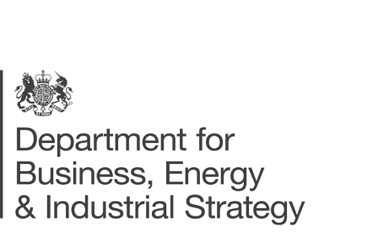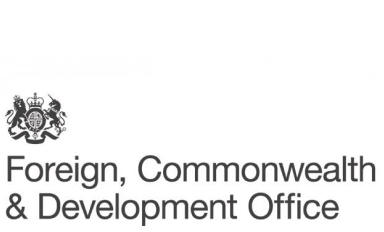One of the main activities of the EU BIM Task Group (EUBTG) is the organization of knowledge transfer workshops. The goal of the workshops is to have active round table discussions with on-site participants using the following format:
Discussion moderated workshop without long boring presentations.
20-30 participants maximum to be able to keep discussions interesting and let any participant take an active part in the debate.
Topics and agenda of the workshop can be in advance shape by registered participants.
Outcome: Knowledge and suggestion document that will be published on the EUBTG website after the workshop
The workshops are intended for public clients and policy makers. Information about upcoming workshops is communicated through the General Assembly members of EUBTG.
India aims to spend $1.4 Trillion building Infrastructure. Prime Minister launched Gati Shakti – National Master Plan for Multi-modal Connectivity, essentially a digital platform to bring 16 Ministries including Railways and Roadways together for integrated planning and coordinated implementation of infrastructure connectivity projects with the goal of developing infrastructure to lower logistic costs and improve the economy. Digitalization and BIM will play a very important role in helping India achieve its Infrastructure Goals. CDCPIndia has been conceived by veterans from the industry who has been directly or indirectly practicing and promoting Digital ways of working in the Construction & Infrastructure Industry. Vision of CDCPIndia is to “Inspire and Collaborate with Construction Professionals across India to advance Digitally enabled Processes and Technologies in construction & Infrastructure sector”. CDCPIndia shall work in collaboration with several existing Institutions, Professional Bodies, Academia, Corporates and Government to Improve the Project Delivery & Asset Management Efficiency by use of Digital Technologies and Processes. CDCPIndia is a not-for-profit organization and has been registered as a Society under Society Registration Act
This report presents the results of a first regional survey of companies in the construction sector in Latin America and the Caribbean to better understand the slow adoption of Building Information Modeling (BIM), a new collaborative work methodology based on data models that contributes enormously to improving the productivity of the sector.
https://publications.iadb.org/es/encuesta-bim-america-latina-y-el-caribe-2020*
This document indicates how information management aligned with ISO 19650 will be carried out on the Aeropuerto del Café project.
Approval of PlanBIM and the gradual introduction of mandatory BIM requirements on Public procurement from 2024
https://boe.es/boe/dias/2023/07/20/pdfs/BOE-A-2023-16784.pdf
Periodic analysis and reporting of BIM requirements in Public Tenders
https://cibim.mitma.es/observatorio/informes-trimestrales-del-observatorio
DIHCUBE, Digital Italian Hub for Construction and Built Environment is the Italian hub for innovation in the construction world which aims to increase the levels of digitalisation of the sector through services aimed at the entire supply chain. The DIHCUBE hub, co-financed by the European Commission, is made up of a team of 12 partners able to offer services and consultancy to: small and medium-sized enterprises, public administration, professionals and materials producers.
This, relating to the year 2022, is the sixth analytical report produced by OICE on public tenders for the awarding of architectural and engineering services (S.A.I.) which involve the use of BIM methodologies or, better said, the electronic modeling of the design phase.
https://www.oice.it/800451/2023-oice-6-rapporto-gare-bim-2022
Between 2017 and 2022, Planbim worked collaboratively with Minvu in the implementation of BIM in new home construction projects, as well as in initiatives to improve existing homes and their surroundings. This process allowed the generation of BIM Information Requests for four types of ministry projects, as well as a technological tool to support the review of BIM projects in the institution.
Given the importance of having objective data regarding the progress of BIM in public projects, Planbim published in 2022 the first report of the BIM Observatory of public tenders. This study includes 1,990 tenders carried out between 2013 and 2020 by different public institutions, and its results show that 70% of the investment corresponds to projects that required BIM.


